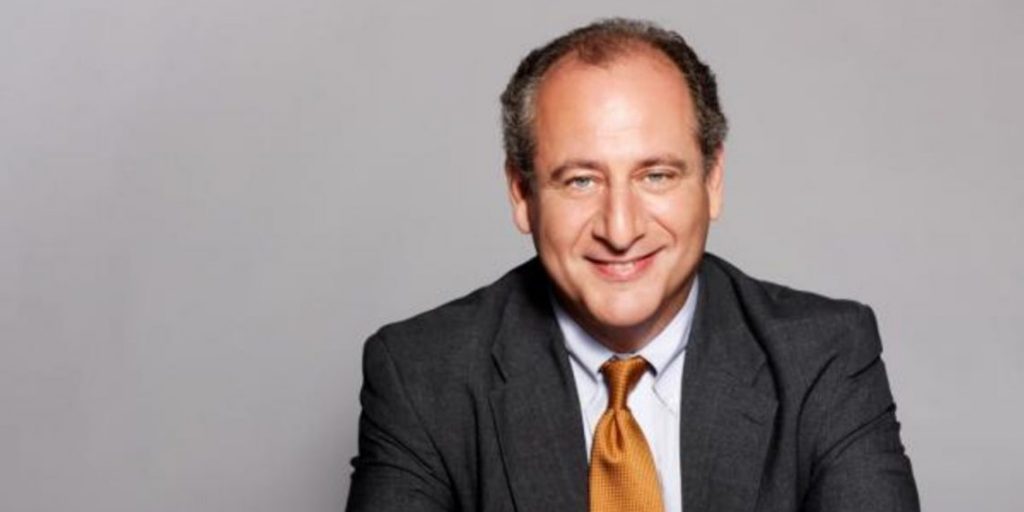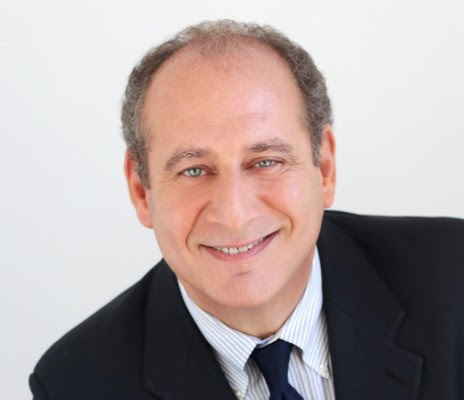
By David L. Phillips/
The current global pandemic provides a unique peace opportunity to move beyond conflict and focus on reconciliation. UN Secretary General Antonio Guterres called for a cessation to armed conflict so the world can focus its struggle against “a common enemy, COVID-19” which doesn’t care “about nationality or ethnicity, faction or faith.” The alternative to international cooperation, continued violence in war zones, will further overwhelm national health care systems, spreading sickness and misery.
There are some recent signs of progress. Libya’s warring factions agreed to a ceasefire. However, local warlords have delayed implementing the humanitarian pause.
Germany sent excess medical equipment, including face masks, to France. Both countries have moved on from enmity that existed in the past.
Kurds in Iraq and Syria are taking steps to exchange information on the coronavirus, and help one another with diagnostics and treatment, despite being overwhelmed with their respective refugee and displacement crises.
Precedent exists for historic rivals to set aside their differences and work together to address natural disasters, not unlike the pandemic that is sweeping the world today.
Greece and Turkey were hit by earthquakes in the summer of 1999. In response, Greece deployed rescue teams, rescue dogs, and sent thousands of tents, mobile hospital units, ambulances, medicine, water, clothes, foods and blankets. The Greek Ministry of Health and the hospital in Thessaloniki set up centers to collect blood donations.
The Church of Greece raised funds for Turkish earthquake victims. When the Mayor of Athens visited the earthquake site, he was met on the tarmac by the Mayor of Istanbul.
When Greece was hit by an earthquake a few weeks later, Turkey reciprocated with aid. A Turkish military transport was the first to deliver life-saving equipment. Turks rushed to hospitals and community centers, giving blood to help victims in Greece.
The earthquakes in Greece and Turkey changed mutual perceptions. Assistance from Greece was widely reported in Turkish media with headlines such as “Friendship Time”, “Friendly Hands in Black Days”, and “Help Flows in from Neighbors.”
Official confidence building measures ensued, lowering bilateral tensions. Earthquake diplomacy included economic cooperation, environmental protection, and cooperation on counter-terrorism.
In 2001, the Pakistani military delivered aid to India after the Gujarat earthquake, leading to the Agra Summit five months later. India reciprocated, providing aid to Pakistan after the 2005 earthquake.
In 2004, Aceh was inundated by a tsunami, affecting forces of both the Free Aceh Movement and Indonesia’s military. Led by Finland’s Martti Ahtisaari, negotiations were rejoined that ended the 29-year long conflict, which claimed 12,000 lives.
Guterres called for an immediate cease-fire in conflicts around the world to tackle the coronavirus pandemic. He said, “It is time to put armed conflict on lock-down and focus together on the true fight of our lives.” It was a call to action by the world’s leading diplomat for international cooperation dealing with man-made and natural disasters.
Appealing for a worldwide ceasefire is noble, but peacemaking and cooperation must start with specific steps.
For example, Russia should stop its offensive against Idlib in northwestern Syria, where Russian war planes have been bombing hospitals and civilians. Refugees are vulnerable, especially when indigenous health care systems are destroyed.
Turkey should open its border with Armenia, enabling the transport of health equipment and services.
If Boko Haram suspended operations in Nigeria, health extension workers could access corona-affected communities in Muslim-majority Kaduna state.
US sanctions on Iran have exacerbated regional problems. Instead of maximum pressure, a helping hand managing the country’s corona crisis would go a long way to achieving US reform objectives.
When the earth shakes or a disease strikes, human kind is defenseless. As events outside of our control, natural disasters and pandemics are humbling.
Armed conflict is a choice. Focusing resources on the COVID-19 pandemic would change how we perceive others. Working together can not only advance well-being in regions affected by the coronavirus. A humanitarian pause would also benefit war-ravaged countries.
*Mr. Phillips is Director of the Program on Peace-building and Human Rights at Columbia University. He is a former senior adviser to the State Department.




